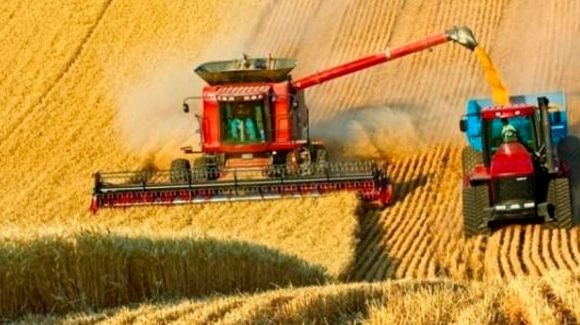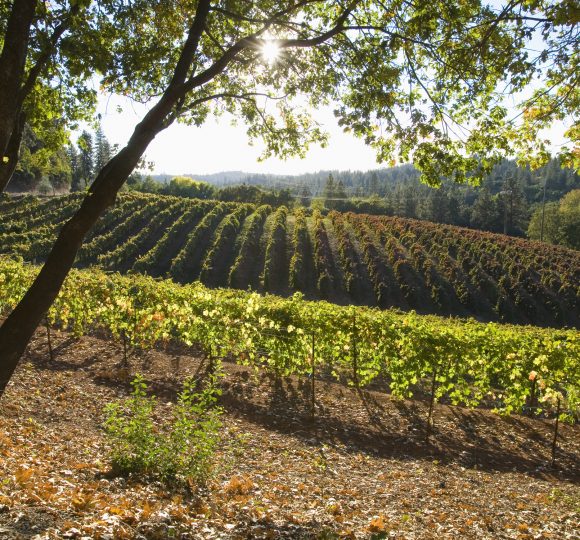At the request of Cumberland Region Tomorrow, American Farmland Trust (AFT) conducted a Cost of Community Services (COCS) study to find out the current net fiscal impact of existing land uses in Robertson County. The study analyzes revenues and expenditures on a land use basis for fiscal year 2005 (July 2004 to June 2005). It examines revenues by land use and the financial demands of public services (e.g., public safety, government administration, schools, courts, etc.) and shows the cost of providing these services to residential, commercial and industrial, and farmland uses.
The study focused on the county budget because it represents revenues and expenditures for the largest portion of the government services provided to residents living in Robertson County. The COCS study found that in Robertson County:
· 82 percent of revenue in fiscal year 2005 was generated by residential land uses; 16 percent was generated by commercial and industrial land uses; and 2 percent by farm and forest land;
· 96 percent of county expenditures were used to provide services for residential land use compared with 3 percent for commercial and industrial uses and 1 percent for farm and forest land.
In other words, for each $1 of revenue received from residential properties in fiscal year 2005, Robertson County spent $1.15 providing services to those lands. For each $1 from commercial and industrial land uses, the county spent 20 cents; and for each $1 received from farmland, the county spent 26 cents providing services.
Residential land uses created a deficit of $13 million, while the other two land use categories generated surpluses: $13.6 million from commercial and industrial and $1.6 million from farm and forest land. While residential development contributes the largest amount of revenue, its net fiscal impact is negative. Commercial and industrial development’s net revenues provided the largest surplus and generated significant revenue from property tax since they are assessed at higher rates than residential and farm properties.
Farm and forest land’s net revenues contribute the balance of surplus revenue for county services. Agricultural lands pay more in local tax revenues than they receive in services. Differential property tax programs are justified as a way to provide an incentive to keep land open and in active agricultural use. Even with a reduced assessed value, agricultural properties contribute a surplus of revenue to pay for public services for residents of Robertson County.





